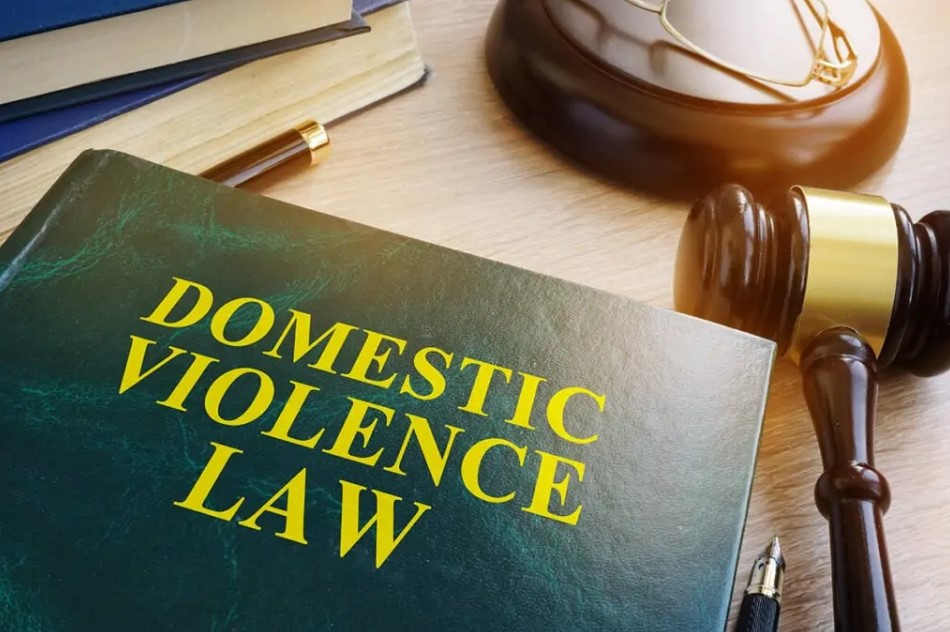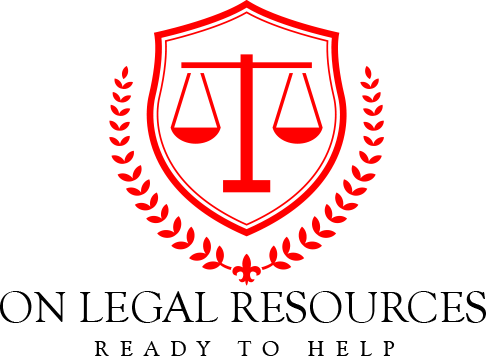Domestic Violence Lawyer: Essential Guidance for Victims Seeking Justice
May 28, 2024
Domestic violence is a serious issue that impacts a significant number of individuals and families. Whether one is a victim, accused, or related to someone involved, this complex and sensitive legal matter requires appropriate legal advice and representation. As experienced domestic violence lawyers, our understanding of the legal options available allows us to handle each unique case with precision and professionalism.
We recognize the importance of providing thorough legal guidance to those affected by domestic violence, and our mission is to help both victims and the accused navigate the complex legal system. With our expertise, we tailor our approach to each client’s individual needs to ensure the best possible outcome. Our ultimate goal is to assist in resolving these issues as efficiently as possible, so that our clients can move forward with their lives in a healthier and safer environment.
In cases of domestic violence, it is crucial to have a knowledgeable lawyer who can advise and protect your interests through every step of the process. Whether you are seeking a restraining order or facing criminal charges, our commitment to upholding your rights and advocating for you remains constant. Trust us to provide the legal support you need in your time of crisis, guiding you towards a resolution that aligns with your best interests. learn more about domestic violence lawyer
Understanding Domestic Violence Law
Domestic violence is a serious issue that affects thousands of individuals and families each year. As domestic violence lawyers, we are committed to providing our clients with the support, guidance, and information they need to navigate the complex legal system. In this section, we will discuss the types of domestic violence, the charges and possible outcomes, and the protection orders and legal remedies that are available to victims.
Types of Domestic Violence
Domestic violence can take many forms and involve a variety of behaviors, including:
- Physical violence: This may include actions such as hitting, slapping, punching, or strangling.
- Emotional abuse: Examples of emotional abuse may include manipulation, threats, humiliation, or constant criticism.
- Sexual violence: This might involve unwanted sexual advances, forced sexual acts, or coercing someone into sexual activities.
- Economic abuse: This could involve controlling access to finances, preventing a partner from working, or stealing money from them.
Domestic Violence Charges and Possible Outcomes
In most states, domestic violence is classified as a crime, and the specific charges depend on the severity of the conduct. Common charges for domestic violence-related crimes may include:
- Misdemeanor assault: This charge is typically for less severe instances of abuse and may result in probation, fines, or jail time of up to a year.
- Felony assault: More severe instances of abuse might be charged as a felony and can result in prison time of more than a year.
- Violation of a protection order: If a restraining order has been issued and violated, additional charges can apply.
Possible outcomes in domestic violence cases can vary greatly depending on the charges, the evidence, and the defendant’s criminal history. Some common outcomes may include:
- Plea bargain: A plea agreement with the prosecution can result in reduced charges or a lesser sentence.
- Trial: If a case goes to trial, a judge or jury will determine the defendant’s guilt and the appropriate consequences.
- Diversion programs: In some cases, particularly with first-time offenders, the court may require the defendant to complete a diversion program such as counseling or anger management.
Protection Orders and Legal Remedies
Victims of domestic violence often need immediate protection from their abusers. We can assist clients in obtaining various protective orders depending on the specific circumstances:
- Emergency protective order: An emergency protective order can be issued by a judge when there is an immediate threat of violence. This order typically lasts a short period of time, such as a few days.
- Temporary restraining order (TRO): A TRO can be issued by the court and usually lasts until the court hearing to determine whether a longer restraining order is needed.
- Permanent restraining order: If deemed necessary, a judge can issue a permanent restraining order that lasts for a specific period of time or indefinitely, depending on the case.
In addition to obtaining protective orders, there are other legal remedies available to victims of domestic violence, such as divorce proceedings, custody modifications, or financial compensation for medical expenses or lost wages. Our experienced team is prepared to guide our clients through these processes in order to help protect their rights and well-being.
Selecting a Domestic Violence LawyerWhen to Hire a Domestic Violence Attorney
If you or a family member are facing domestic violence charges, it is crucial to seek legal representation as soon as possible. Family law matters involving child custody, child support, and other domestic issues often intersect with domestic violence cases. By hiring an experienced criminal defense lawyer, you can protect your rights and interests, as well as those of your family.
In some situations, you may require legal assistance even if you’re the victim of domestic violence. If your abuser has filed false claims or is using the legal system against you, a skilled attorney can help you defend yourself and preserve your rights.
Finding the Right Legal Representation
Finding the right legal representation is crucial in domestic violence cases. Here are some factors to consider when selecting a domestic violence attorney:
- Experience: Look for lawyers with specific experience in handling domestic violence and family law cases. They will be more familiar with the intricacies of the legal system and the relevant statutes in your jurisdiction.
- Location: It is often beneficial to work with an attorney who is familiar with the local courts and has a strong presence in your community. For example, if you live in Kansas City, MO or Phoenix, AZ, you may want to work with law firms in those areas.
- Years Licensed: It is important to work with an attorney who has been practicing for a sufficient amount of years. An experienced lawyer will have a better understanding of the legal system and be able to provide you with the best possible representation.
- Cost: Legal fees can vary depending on the attorney and the complexity of your case. Always inquire about the cost during your initial consultation, and don’t be afraid to explore your options to find an attorney who fits your budget.
- Practice Areas: It is important to work with an attorney who specializes in the practice areas relevant to your case, such as domestic violence, family law, and criminal defense.
Tips for Finding an Attorney
Research local law firms
Read online reviews
Ask for recommendations
Attend free consultations
What to Expect During Your Free Consultation
Many domestic violence attorneys offer a free consultation to discuss your case. Prepare a list of questions to ask during this preliminary meeting to better understand what you can expect from working with the attorney. Some questions to consider include:
- What is their experience with domestic violence cases and family law matters?
- How long have they been practicing in your city/state?
- What are their strategies for handling cases similar to yours?
- Can they provide an estimate of the cost for their legal representation?
- What are their views on mediation or other alternative dispute resolution methods?
Remember, the goal of the free consultation is to make an informed decision about hiring the right attorney for your case. Take note of each lawyer’s responses, their communication style, and your overall impression of their professionalism to make the best choice for your legal representation.
